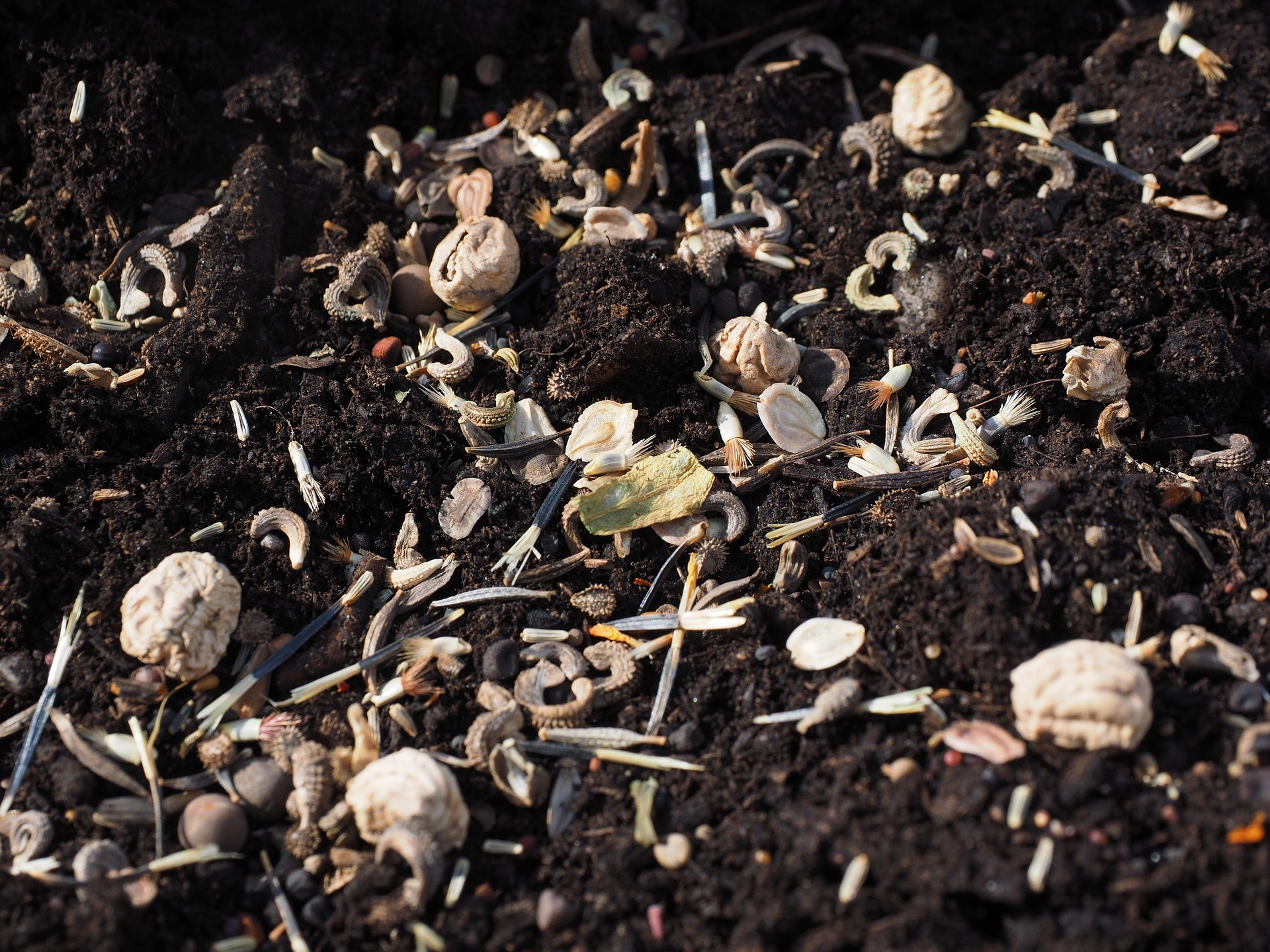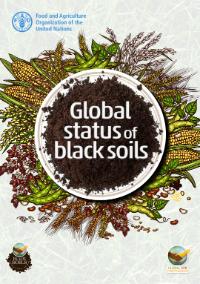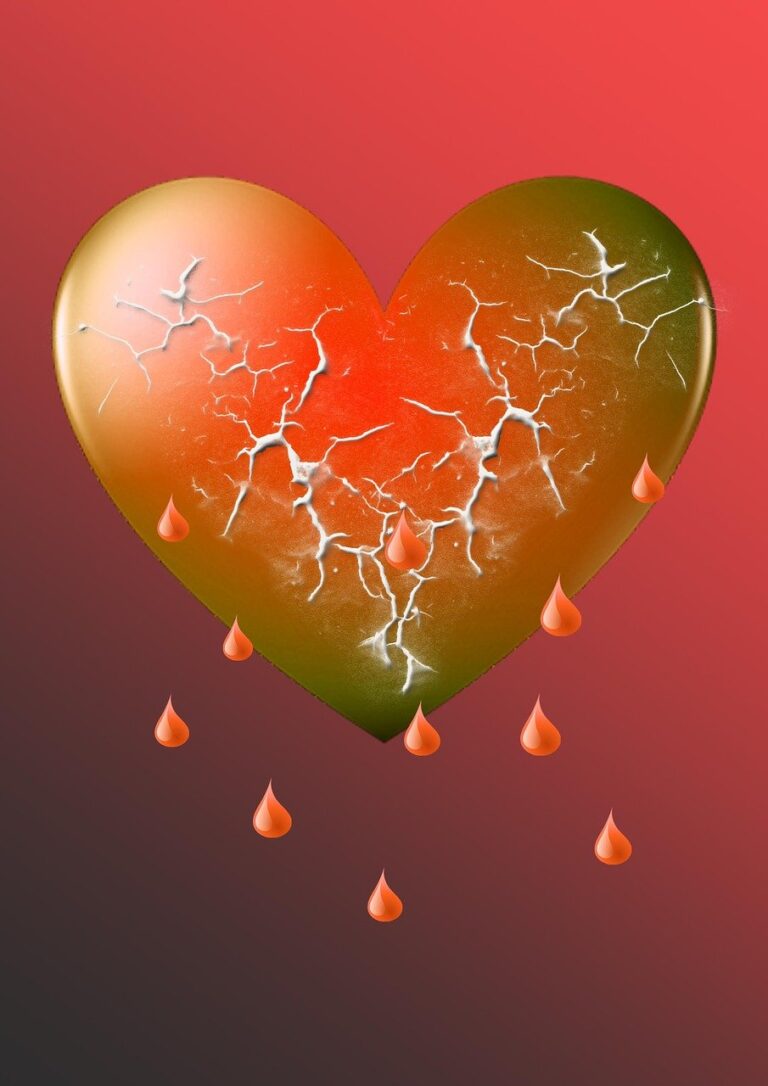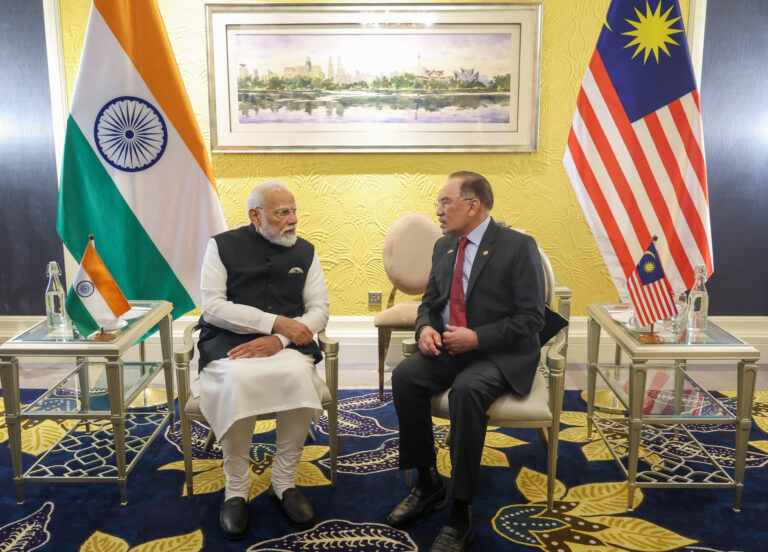
World Soil Day 2022: Global Status of Black Soils
Ashok Patra Kumar, a soil scientist from the ICAR-Indian Institute of Soil Science (IISS) in Bhopal, gets Glinka World Soil Prize 2022

Rome: Black soil is at greater risk than ever due to the climate crisis, biodiversity loss and land use change, the first global report on black soils, published by the Food and Agriculture Organization of the United Nations (FAO) to mark World Soil Day 2022 today, warned.
Black soil is characterized by a thick, dark-coloured soil horizon rich in organic matter. They are found in Russia (327 million hectares), Kazakhstan (108 M ha), China (50 M ha), Argentina (40 M ha), Mongolia (39 M ha), Ukraine (34 M ha), United States of America (31 M ha), Colombia (25 M ha), Canada (13 M ha), and Mexico (12 M ha).
Black soil is carbon-rich and highly fertile soil which for decades, has been widely cultivated and played a key role in the global agricultural production of cereals, tuber crops, oilseed, pastures, and forage systems.
With its inherent fertility and the variability of crops it sustains, it is the food basket for many countries and is considered essential to the global food supply.
Black soil has another key quality: it is paramount for climate change mitigation and adaptation, as it contains 8.2 per cent of the world’s soil organic carbon (SOC) stocks and can provide 10 per cent of the global SOC sequestration potential. SOC sequestration provides multiple benefits for humans and the environment and is one of the most cost-effective options for climate change adaptation and mitigation, as well as for fighting desertification, land degradation and food insecurity.
 As The Global Status of Black Soils report shows, this black treasure is under threat. Because of land use change (approximately 31 per cent of global black soils are cultivated), unsustainable management practices and excessive use of agrochemicals, most of the black soils have already lost at least half of their SOC stocks and suffer from moderate to severe erosion processes, as well as nutrient imbalances, acidification, and biodiversity loss.
As The Global Status of Black Soils report shows, this black treasure is under threat. Because of land use change (approximately 31 per cent of global black soils are cultivated), unsustainable management practices and excessive use of agrochemicals, most of the black soils have already lost at least half of their SOC stocks and suffer from moderate to severe erosion processes, as well as nutrient imbalances, acidification, and biodiversity loss.
The report highlights two main goals: the preservation of natural vegetation on black soils such as grasslands, forests and wetlands, and the adoption of sustainable soil management approaches on cropped black soils. It also puts forward tailored recommendations for farmers, national governments, research and academia and the International Network of Black Soils.
The focus of this year’s World Soil Day event, held in the hybrid form at FAO’s headquarters in Rome, is the role of soils in food security and how the loss of soil fertility results in low crop yields and crop failures, leading local populations to hunger, malnutrition and poverty.
A whopping 95 per cent of the food we eat comes directly or indirectly from our soils, which have the extraordinary capacity to store, transform, and recycle nutrients that we all need to survive, allowing life to continue. Of the 18 nutrients essential to plants, 15 are supplied by soils – if they are healthy. However, about one-third of soils worldwide are already degraded, and the loss of soil fertility means that land is less productive and many kinds of cereal, vegetables and fruits are not as rich in vitamins and nutrients as they were 70 years ago.
Asia Atlas
World Soil Day also saw the pre-launch of the Soil Atlas of Asia, a collaborative effort between FAO’s Global Soil Partnership with the European Commission through its Joint Research Centre, and with financial support from the Korean Rural Development Administration and participating countries. The atlas is designed to raise awareness about soil health among a wide range of stakeholders. Thanks to contributions from over 100 soil experts from 45 countries, the atlas portrays the rich diversity of soils in the region.
Today’s event also saw the delivery of the Glinka World Soil Prize 2022 to Ashok Patra Kumar, a renowned soil scientist from the ICAR-Indian Institute of Soil Science (IISS) in Bhopal, and the King Bhumibol World Soil Day Award 2022 to the Universidad Nacional Autónoma de Mexico. The IUSS Distinguished Service Medal 2022 was presented to the Global Soil Partnership to recognize its contribution to soil science since its creation 10 years ago.
The Glinka World Soil Prize comes in the form of a USD 15 000 check and a Glinka gold-plated medal. The award is named after Russian soil scientist Konstantin Glinka (1867-1927) who is credited for his unique contribution to understanding the principles of the geographical distribution of soils and extensive activities on the exploration, mapping and assessment of vast areas of Siberia, the Far East and Central Asia, as well as his important studies in the areas of soil mineralogy, chemistry and paleopedology.
Dr Patra comes from a farming family and has dedicated much of his career to improving soil nutrient management in his home country, India. He was instrumental in developing the Mridaparikshak Mini Soil Laboratory, which has provided soil testing and fertilizer recommendations to millions of Indian farmers. His research has been critical in understanding nutrient cycling, and the effect of long-term fertilizer applications on India’s major soils thus leading to improved nitrogen management and reduced inputs, with a clear focus on sustainable fertilizer management.
– global bihari bureau





